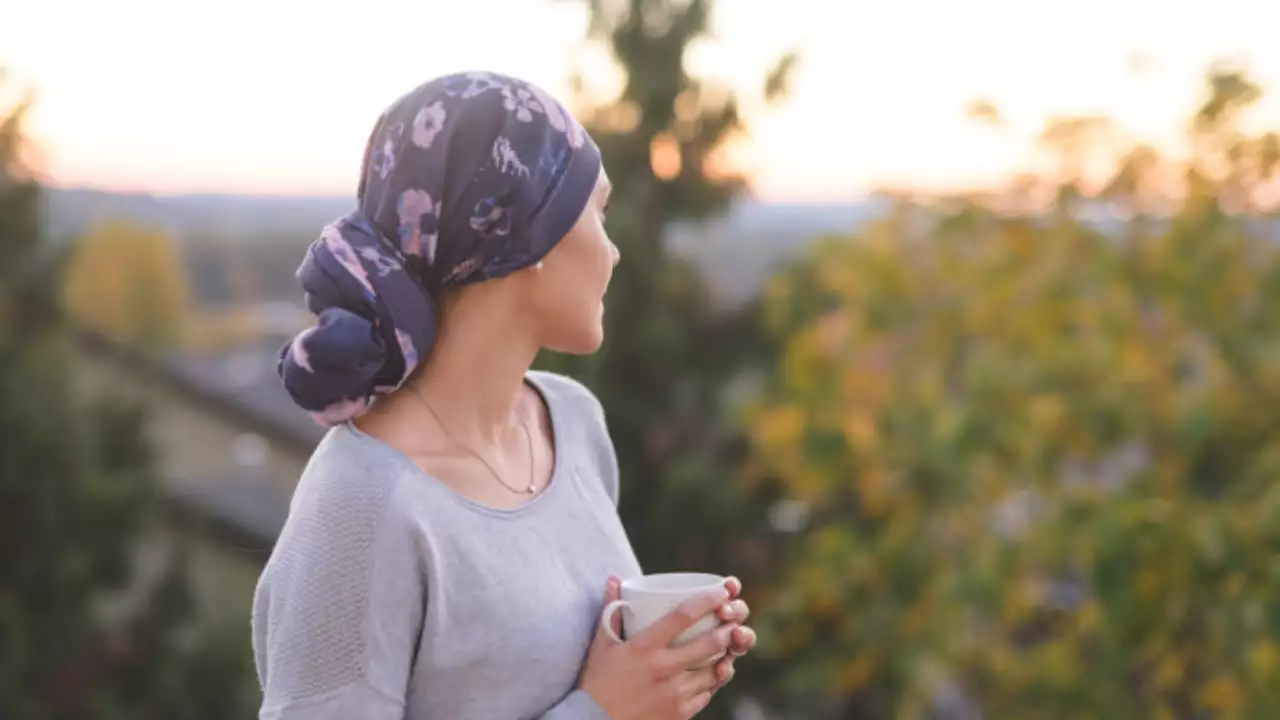
Image credits: iStock-representational
World Cancer Day 2025: With erratic lifestyles, high-stress levels, poor sleep, and environmental triggers at play, more people in their 30s and 40s are facing life-altering diagnoses. On this World Cancer Day, we bring you the story of Neha Dhingra, who was diagnosed with Stage 2 breast cancer in her late 30s. She is now cancer-free, but her journey from detection to recovery was filled with unexpected lessons and challenges. Let her story be your reminder to 'listen to your body mindlessly'.
Neha’s cancer story began in the most unexpected way—during meditation. “One day, I was meditating when I suddenly felt something strange. I checked myself and found a lumpy knot in my breast. It was a shocker,” she recalls. Like many young women, she was initially in disbelief. “I procrastinated for a while, thinking I was too young for something so serious. But then I decided to listen to my body and get checked.”
Her instinct turned out to be right. A biopsy confirmed it—Stage 2 breast cancer. “When I shared the news with my family, everyone reacted differently. There were suggestions, comments, worries. Cancer still carries a taboo, and for a woman, the complexity is even greater.”
Neha’s initial reaction was one of shock, but she quickly transitioned into action mode. “Upon diagnosis, my doctors suggested a mastectomy to remove the cancer cells. The thought of losing a part of my body was daunting. I had so many questions—how would life be after? Would I still be desirable? I reminded myself, ‘Time to become Angelina Jolie,’ and prepared mentally for the surgery.”
However, a second medical opinion at the Rajiv Gandhi Cancer Institute led to a different approach. “My doctors devised a non-invasive treatment plan that worked well. But I was mentally prepared for the worst. So, when I realized I wouldn’t need mastectomy, I was relieved.”
The Reality of Chemotherapy: 'One Day I Felt Fine, The Next I Couldn’t Move'
Chemotherapy came with its own set of surprises. “After my first chemo session, I felt surprisingly good. I spoke to my friends, walked around, and enjoyed myself. But the next morning, I woke up with unbearable body pain—even my fingers ached. I felt fragile, emotionally and physically, as the full weight of my diagnosis hit me.”
Neha learned to listen to her body. “Pushing through wasn’t the answer. I had to rest when my body demanded it.”
The Struggles: Low Immunity, Loss of Taste, Extreme Fatigue
One of the biggest challenges during treatment was a dangerously low white blood cell count, dropping to just 500. “I had no immunity, no taste buds due to chemo, and even getting out of bed felt like a battle. A simple 10-meter walk drained me.”
Looking back, she believes her lifestyle before the diagnosis contributed to her condition. “I was sleeping just 4-5 hours a night, stressed all the time, and completely ignored my body’s signals.”
The Emotional Toll: 'We Don’t Need Sympathy, We Need Empathy'
Beyond the physical struggles, dealing with people’s reactions was also a challenge. “What even close relatives fail to understand is that cancer patients don’t need sympathy. We already know how weak and incapable we feel. What we need is empathy. Instead of saying, ‘Haye bechari, kaise karegi,’ it would have been more helpful if someone asked, ‘What will you eat today?’”
Throughout her treatment, one thing that kept Neha grounded was meditation. “With all the draining thoughts and physical weakness, meditation helped me control my mind. It kept my blood pressure stable, helped me breathe better, and gave me clarity. Pranayama, breathing exercises, and positive thinking became my tools for survival.”
In December 2024, Neha’s scan came back clean—one year after her diagnosis in May 2023. “Hearing that I was cancer-free was surreal. The journey had been long and exhausting, but I emerged stronger.”
She now urges young adults to be mindful of their health. “Listen to your body. Don’t ignore persistent fatigue, stress, or unusual symptoms. Early detection can save your life.”
Get Latest News Live on Times Now along with Breaking News and Top Headlines from Health and around the world.
